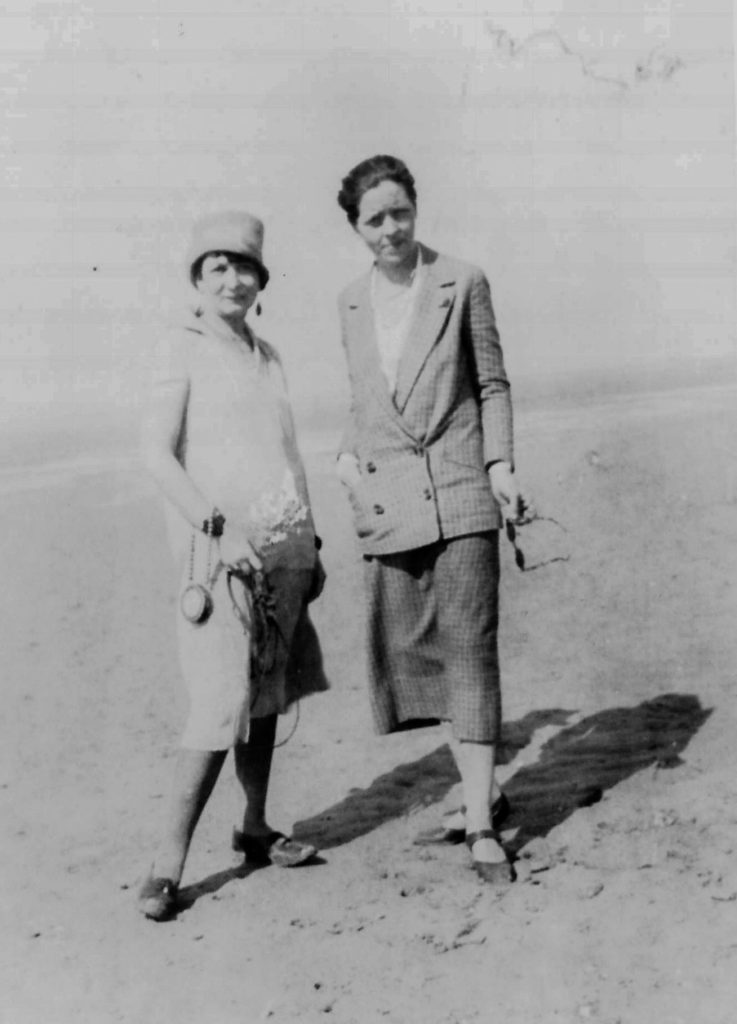
I’m a writer, not a translator, and yet everything I write is a translation. Before my words become fixed, immutable, set shapes on paper or a screen, they are fluid thoughts in my own language. Like clouds, shifting and changing. Sometimes they drift into what others would call ‘different languages’ – hybrid snatches of French, Spanish, English – but mostly they are not so tangible, and if I am to write anything at all from them they must be made so. This, then, is my process of translation. Catching smoke.
***
On the rue St Romain, Paris, 2019. I’ve taken to walking early, before the real heat erupts into the morning, but already the sheen left by the street cleaners has evaporated, already there is the prickle of sweat on my skin. Narrow streets funnel the sun. When I walk back to my apartment I will be clinging to the shade: now, though, I am not looking for shade but a shadow. A subtle difference.
For months I have been searching. It’s a woman, of course. I know these streets now better than I know my own hometown, and in my mind they have become my home just as they were hers a hundred years ago. I walk them endlessly, hoping for a flash of something that isn’t quite light. In certain spots my feet sense an outline, a print that has faded and sunk into years of cracked cobbles: it’s as close as I’ve ever got. And yet she reached out to me.
(Words, I’ve come to believe, have a visceral power to touch. Imagine someone’s innermost thoughts, desires, fears, on your skin. Language that has come across years and miles and yet somehow is so vivid you can feel it. Language that is the raw rendering of life into a form that others can understand.)
How, then, do I go about translating her life?
A whole new language has to be learned before I can even begin: the language of someone else’s soul.
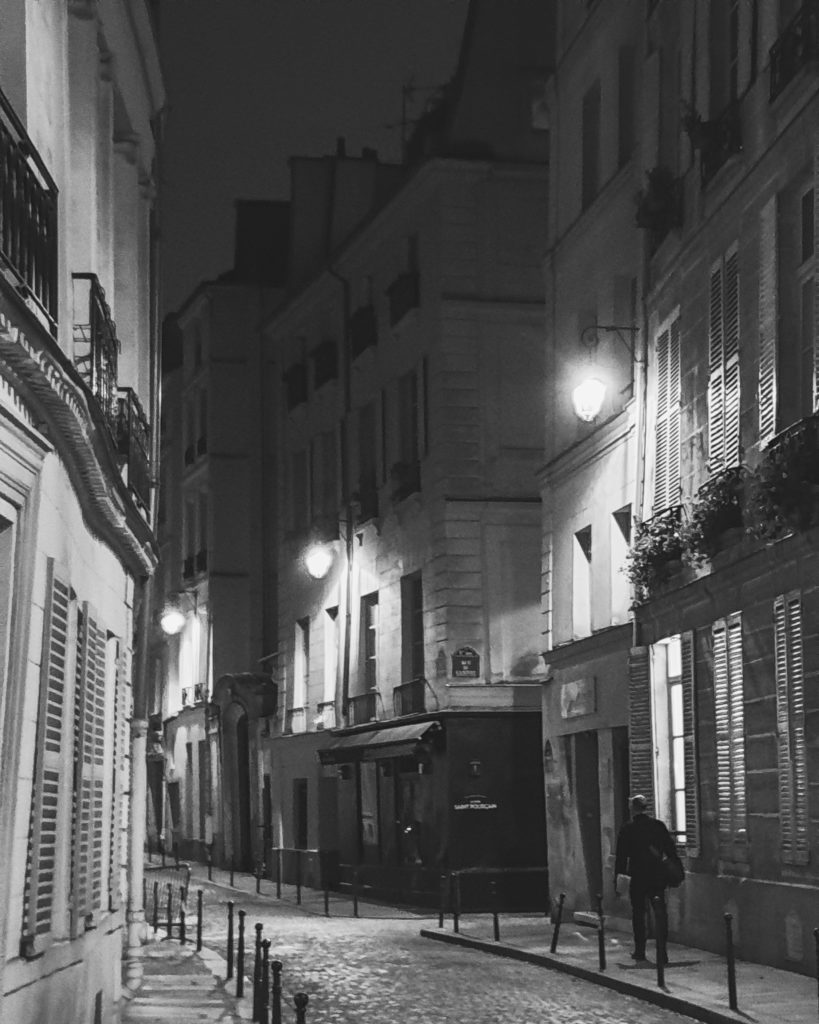
***
Djuna Barnes – the shadow in question – kept her soul well hidden. There are glimpses of it, scattered in the hundred or so linear feet of archive material held at the University of Maryland, but nothing more. The only clear fragment is her love for this city and so this is where I have come, time after time. But instead of revealing, the city is secretive. The streets of Nightwood suffocate me. Languages become mixed – hers, mine, English, the French which neither of us speak particularly well – and the only medium through which I can separate them is the church bells of St Sulpice. They are the only sensual things left that I think she would recognise. I’m supposed to be writing a biographical novel of her years in Paris and her life with lover Thelma Wood. All I have are scraps.
***
I leave the rue St Romain and the rue du Cherche-Midi behind. There is no particular direction to this, no set route home. When writing is fragmentary, life can become fragmentary too, a process of reverse translation. This hour. That hour. I soak up the last of the bearable heat in the Jardin du Luxembourg. Already, there is rust showing on the underside of the leaves.
***
Djuna, too, had this ‘problem’. I’m reminded of that, as I walk down the narrow pavements of the rue Vavin: a bustling little street that links Luxembourg with Montparnasse. For years she had wanted to write a biography of her friend, the Dada artist Baroness Elsa von Freytag-Loringhoven, and for years she struggled, eventually ending up with nothing but a scanty first draft tucked away in a notebook. She had plenty of material to work with. Memories. Photographs. A holiday taken on the Normandy coast of France, the two of them posing side by side on the sand. The testimony of contemporaries who remembered The Baroness as the outlandish “mother of Dada’, walking down the street in Greenwich Village with tin cans tied to her naked breasts. Unpublished poems and bits of memoir, entrusted to her by the Baroness as a kind of ‘literary agent’. And letters, lots of those too, written from New York and Berlin in the Baroness’s chunky capitals and blunt English, snatches of German occasionally peppering the pages.
There is such a thing as too much. If I am struggling to translate, Djuna must have been floundering.
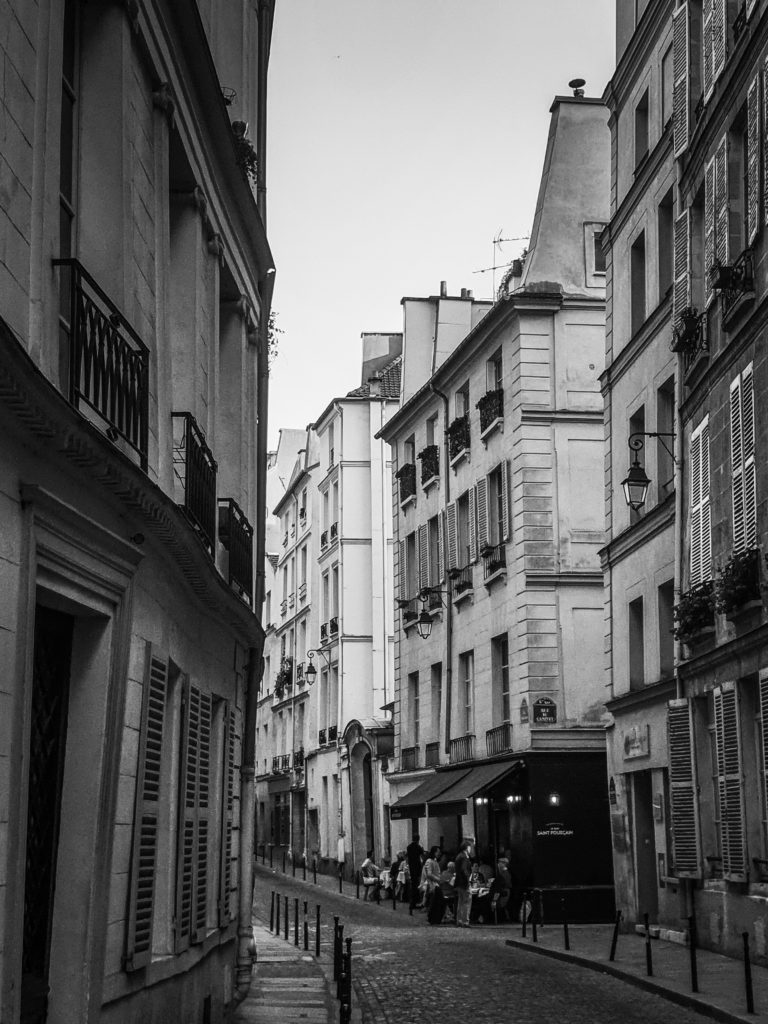
***
And so I take a detour, not so much in the hopes of making progress but simply for a diversion, and in somewhat Dadaist style I’m working backwards. The Baroness arrived in Paris in April 1926, taking up residence at the Hôtel Danemark just across the street from where I stand. She brought her three dogs, hiding them in a cupboard so as not to annoy the garçon, and set about making a life. She would die just eighteen months later. A cheaper hotel room, forced on her by poverty. Her favourite dog Pinky by her side. Her funeral, held on a freezing January day in 1928 at the Père Lachaise, was attended only by a very few: her closest friends arrived at the cemetery and were unable to find the grave site. They found a nearby bar instead. When they returned, drunk and staggering, they found the pauper’s grave already covered. A small bouquet of flowers lay on top.
No one knows if she deliberately left the gas jets on. These were the signs: she was tired, working hard at opening her own modelling studio, and the room was new to her so maybe she simply forgot. She was depressed, frantic at issues with her French visa that technically prevented her from working, and living in terror of being deported back to Germany. She had friends and connections, and yet still felt lonely. Her art, she felt, was finally being understood, and yet she also felt adrift in the city that she had counted on to provide her with a home. There was no note.
‘True death is wealth tremendous, but it has to be earned with life, that is why I still live.’
If you cannot translate someone’s death, how can you begin to translate their life?
***
Theirs was a complicated relationship. The maternal side of Djuna tried to take care of the wayward and poverty-stricken Baroness: there were gifts of money, clothes, jewellery and magazines, but she always felt guilty for not doing more. The Baroness was older, and to some degree manipulative. She sent pleading letters, pathetic letters, letters that talk of suicide and in the same breath talk of art. There were erotic letters, although theirs was never a physically erotic relationship. The Baroness sent poems, both as thanks and for publication in whatever magazine Djuna could find to take them, and there was talk of a biography for which the Baroness would provide the notes, the interviews, the raw materials. All proof – as if any were needed – that intensity does not equal knowledge. How well, after all, can we ever really know another person? Djuna wanted to write something beyond a biography, something that would do the Baroness justice in the way that life itself never did. Her failure to do so would haunt her for the rest of her life.
I wonder if I will be the same.
***
Some of the Baroness’s more outrageous acts of art:
* A birthday cake with flaming candles, worn as a hat.
* Stripping naked in the New York offices of The Little Review, her head shaved and painted vermilion.
* Applying a newspaper clipping of Marcel Duchamp’s Nude Descending A Staircase to her body, rubbing herself down with it, turning the most famous artwork of the era into an impromptu sex toy.
* Wearing a wooden bird cage around her neck, a silent but live canary against her chest; an electric battery taillight fixed to the bustle of an old-fashioned dress; a hat trimmed with carrots, beets and turnips.
A body as art; art as the body. There was no concept of public space and private space, no realm in which art was acceptable and which it was not. The Baroness made people uncomfortable. She outraged them. Even those in Dadaist circles mocked her out of fear; they spoke of her madness and her instability, her art could not be taken seriously.
Perhaps it was too much to manage, this blatant translation of the mind’s fantasies onto the body. Perhaps words are a necessary dilution. A set form that is less squalid than skin, a means of transcription of ideas that is one step removed from ourselves.
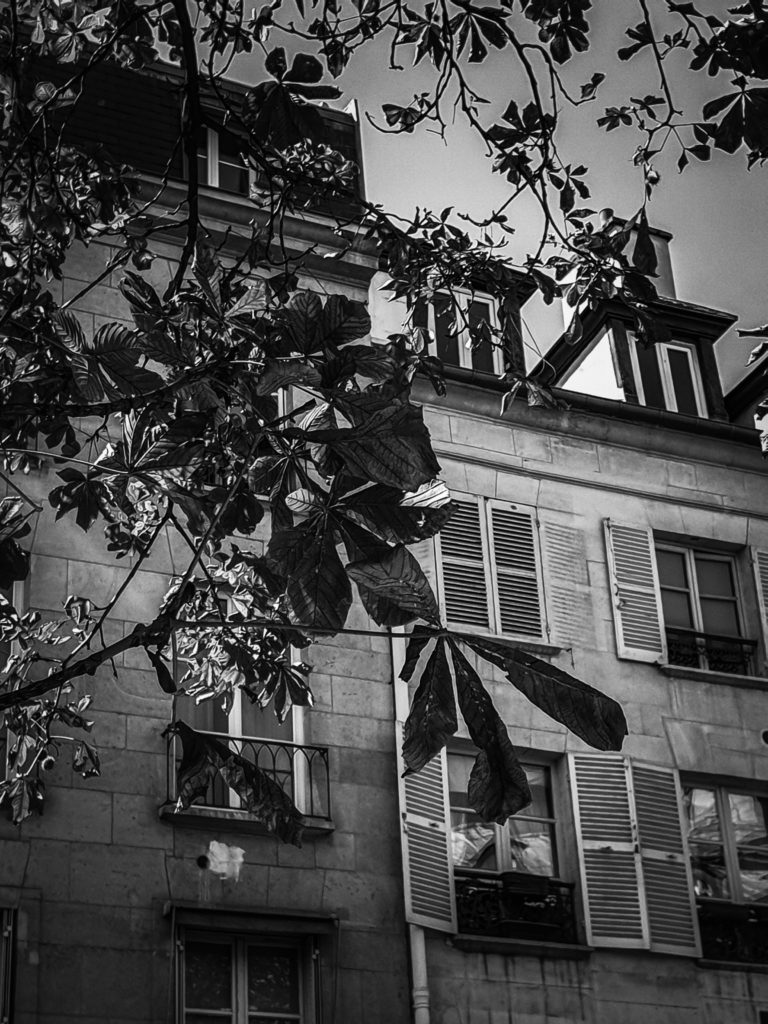
***
She used words too, of course. Ideas translated from her own mind into her native language, German, and from there into English. Often they appear sharp. There is little punctuation. She wrote about everything – about bodily functions, sex, culture, society, and her fellow artists. She wrote scathingly, with irony, with humour. In an air-conditioned café, with WiFi and a thé de menthe, I read the poem ‘A Dozen Cocktails – Please’. There are vibrators and condoms and oral sex. The poem was dedicated to Mary Reynolds, artist and lover of Marcel Duchamp, and suddenly I am desperate to ask Mary how she felt having her name in the same space as ‘spinsterlollypop’, ‘lusting palate’, and the dozen cocktails of the title. Maybe she didn’t care. The poem was never published in the Baroness’s lifetime. No journal was prepared to publicly support the bawdy reclaiming of the sexual space by a woman, and not much changed in those few years after her death. The Baroness’s words were as unmanageable and as unacceptable as her art, and remained so for years. Djuna didn’t know what to do with them.
Here, then, another layer. A further twist of language, another complication, another question. Should a life be translated in a way that makes it more palatable to those who will be digesting it?
There are elements of Djuna that don’t sit easy on my stomach: antisemitism, for example, is fragrant across the pages of her published work and private letters. Like her, I’ve never decided what to do.
***
And then there was exile. Like so many of that generation, the Baroness left her birth country in search of something better and brighter: wherever she was not was where she longed to be. Despite the artistic vibrancy of Berlin and Munich at the start of the century, she felt that Germany suffocated her. There were too many memories of an unhappy childhood, too many failed love affairs. For a while she shone in Greenwich Village (where her sensual art formed the antithesis to the machine-driven Dada of the more established male artists such as Francis Picabia) but the glittering skyline of New York ultimately disappointed her. She longed for Paris, but when she finally made it to Paris via a miserable sojourn back in Berlin, she found that even Paris lagged behind her ideals for art. Nowhere could keep up with her. She took care not to leave pieces of herself behind: a survivor cannot afford the luxury of losing something which may later come in useful. But it’s hard to believe that she didn’t pick anything extra up, that these cities left her untouched.
Djuna, too, lived an expatriate life, leaving New York just a few years after the Baroness arrived. She arrived in Europe on assignment for McCall’s magazine in 1921, only to fall in love as much with Paris as with the woman she met there. She would only finally leave for good in the late 1930s, when war, alcoholism, poor health, and poor finances made it impossible for her to stay.
I come back to the thoughts, shifting and changing, waiting to be formed in a translation from mind to paper, and find yet another layer in between the two. Place.
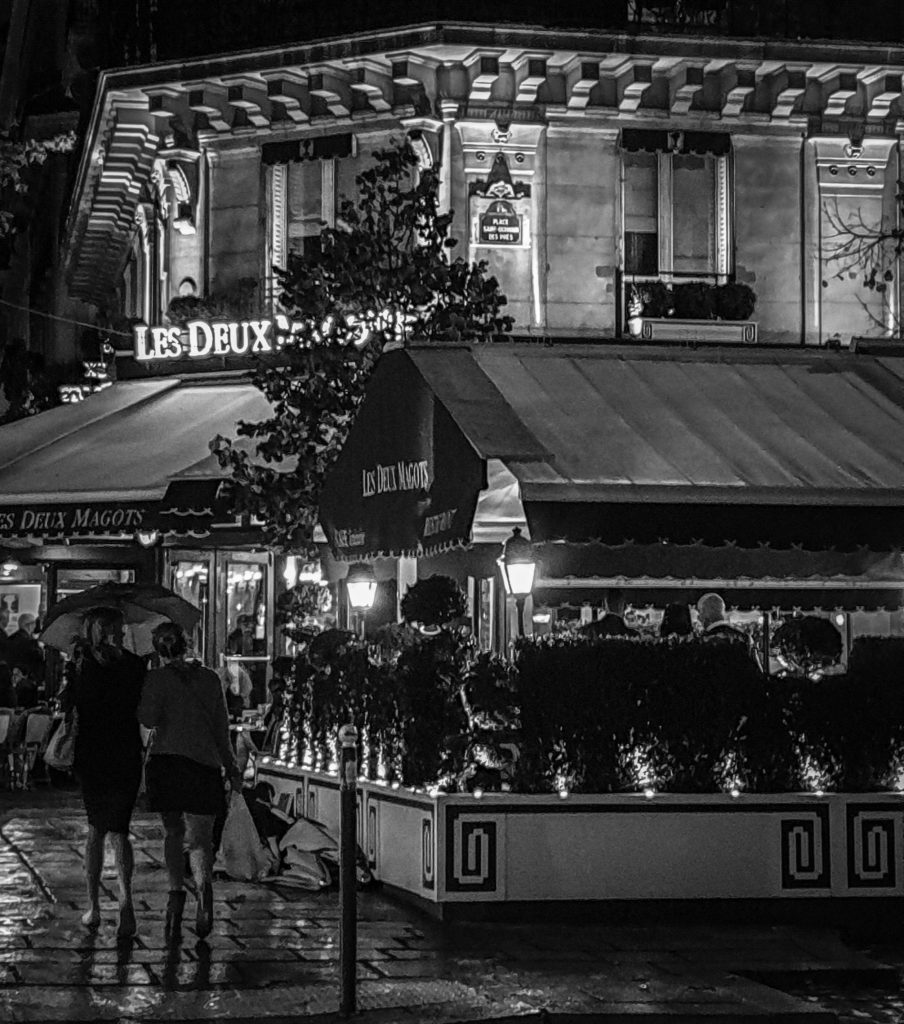
***
The boulevard St Germain is gently heaving, crawling like a sleepy anthill with pedestrians and tourists and selfie sticks and cars and buses and taxis. A neon pharmacy sign flashes up the time – almost five – and the temperature, a not-so-cool 35 degrees. There’s shade, tossed onto sweltering pavements by trees in full leaf, but in the place by the church a band is playing in full sun and ‘The Lion Sleeps Tonight’ will be in my mind for the rest of the trip. It’s a strange soundtrack for visiting Djuna’s first apartment at number 173. The place is now a Ralph Lauren store. It’s appropriate, I think, given her love of fashion and expensive tastes, but I’m wearing my old flip flops and don’t dare go in. I haven’t yet mastered the Parisian art of faking it.
Leaving the Baroness aside, I turn my attention to this building, handbags glinting in windows and flags draped outside the entrance. It’s my beginning. The first words of the story I’m trying to tell. I expect the same claustrophobia that her later apartment on the rue St Romain gives me, but instead there is a lightness that seems at odds with the heat.
I have a strange sense of having finally come home.
***
Midnight. All the windows are open. The streets five floors below seem to be just waking up, nudged out their lethargy by the cooling effect of darkness. Time doesn’t have much meaning when the edges of moments are melted by summer. I’ve written a few lines, another paragraph, another fragment. I realise it’s about myself as well as her, and I wonder whose sense of home I was feeling earlier. Whose life I’ve been trying to translate. Whose life she was trying to translate.
I wonder if either of us will ever be made tangible, or if we are both shadows.
The hulk of St Sulpice rises above the rooftops, glowing in the window. A single bell for 1am, but I know the bells don’t ring at night.
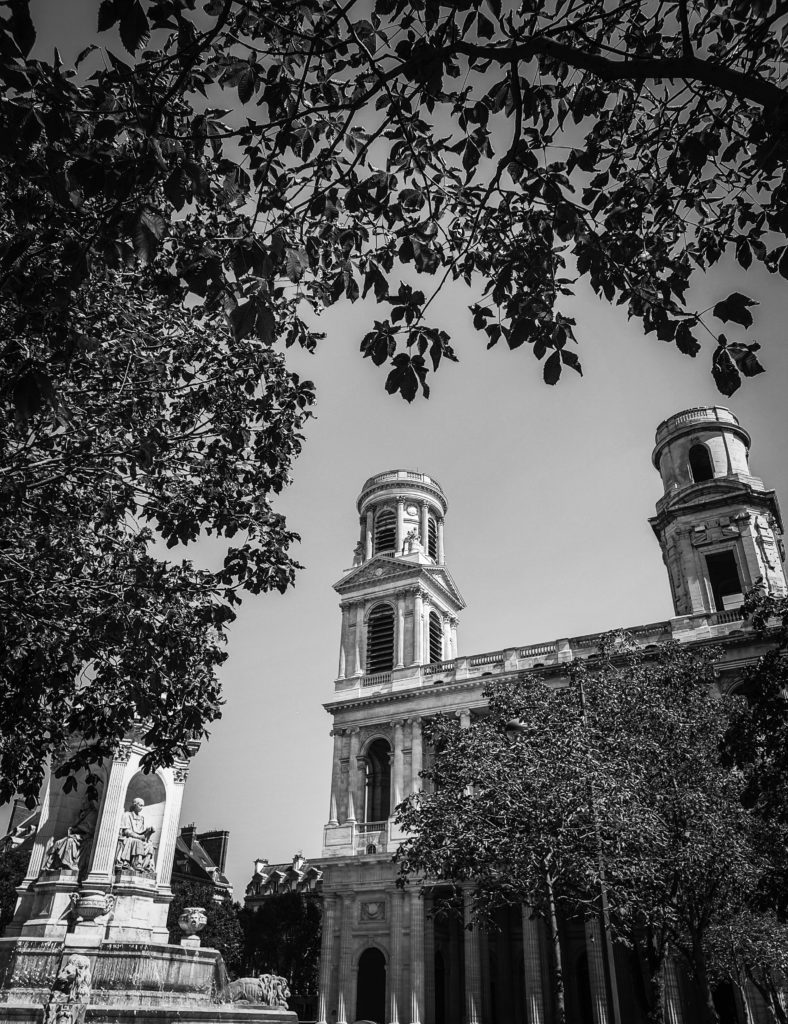
*************
Notes:
‘True death is wealth tremendous…” – Excerpts (including this quote) from the Baroness’s letters to Djuna Barnes were published after her death in the February 1928 edition of transition. The selection was introduced in the journal by Barnes.
Since Djuna Barnes’ failed efforts, a wonderful biography of Elsa von Freytag-Loringhoven has been written by Irene Gammel – Baroness Elsa: Gender, Dada and Everyday Modernity (MIT Press, 2002).
A short online biography can be found on Mina Loy: Navigating the Avant-Garde, a digital humanities website exploring Mina Loy’s work and that of her contemporaries.
More about the Baroness’s poems can be found on the Take Dada Seriously website here.
Bio: Elodie Barnes is a poet, reviewer, fiction writer, and essayist who can be found writing in France, Spain or the UK (usually mixing up her languages). Her work is heavily influenced by her travels and love of languages, as well as Modernism and Surrealism. Her flash fiction has been nominated for Best of the Net, and she is guest editor of the Life in Languages series at Lucy Writers’ Platform. Find her online at http://elodierosebarnes.weebly.com and on Twitter @BarnesElodie.
Links: Dalí and Alice (poetry)Black Swan (flash fiction, nominated for Best of the Net)Fragments of Paris (poetry x photography)